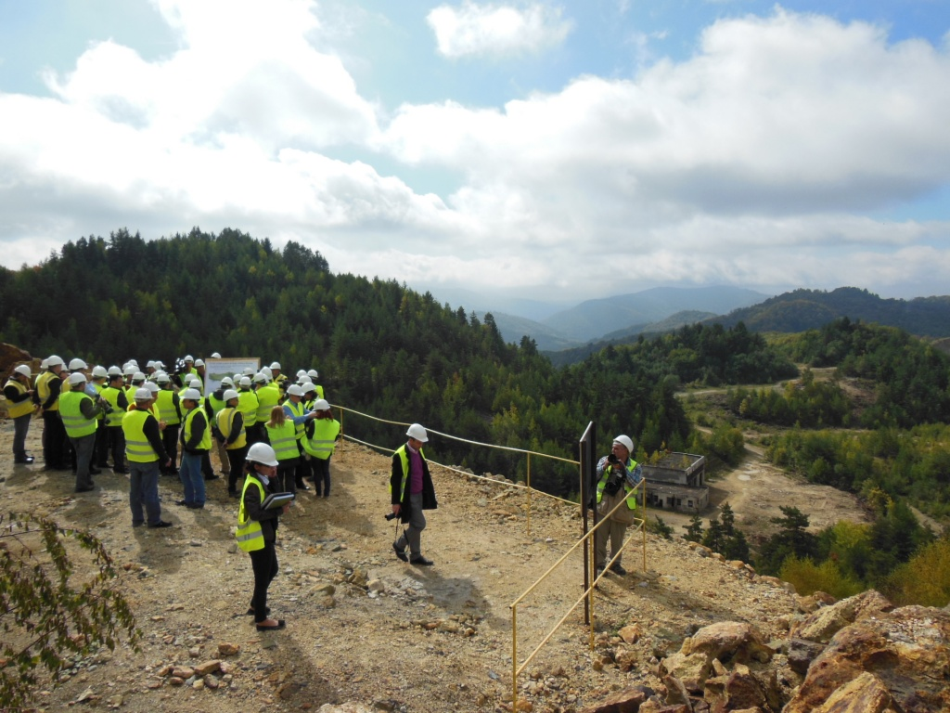Parliamentary decision on Rosia Montana
After environmentalists protested for months against a cyanide-based gold mining project, politicians ended up by taking their point.

Bogdan Matei, 12.11.2013, 13:47
Established in response to street protests, the special parliamentary commission on Rosia Montana eventually agreed with the protesters. It voted against the bill on the gold mining project endorsed by the Government, and according to pundits, it’s only a matter of time until the draft law is rejected by Parliament.
For weeks in a row, the commission heard geologists, physicists, chemists, environmental militants, representatives of the Romanian Academy, and most opinions were against the project. The final decision however was made after consultations between the two leaders of the ruling Social Liberal Union, the Social Democrat Prime Minister Victor Ponta and the Liberal Senate President, Crin Antonescu, whose respective parties hold a combined two-thirds of the seats in Parliament. They announced that a new bill would be drafted, outlining a framework for future mining operations in Romania.
Rosia Montana remains the most valuable asset in this respect, with the largest gold reserves in continental Europe, according to geologists, who estimate that there are at least 250 tons of gold there, worth around 11 billion US dollars. In addition, the area has 1,600 tons of silver worth roughly 3 billion US dollars, as well as rare metals like titanium, vanadium, nickel, cobalt, wolfram, used in the space, military and healthcare industries that experts claim are worth more than gold and silver.
The disputes broke out after the concessionaire had announced it would be using cyanide, which may destroy the environment and an archaeological site dating back to Roman times. In the special commission report, MPs request, among others, the release of classified documents, including the operation license, so as to remove corruption suspicions. The commission also wants the government to analyse the option of using other, less dangerous technologies, and to resort to independent impact assessments. As regards the archaeological site, one option would be to have Rosia Montana included in the UNESCO World Heritage list.
The Liberal Democrats in opposition see the negative report of the commission as tantamount to a censure motion, but outside the political class, people see more nuances to the debate. Most of them are glad the threat of a cyanide lake is gone, but they feel Romania should not miss a “golden” opportunity, and instead should find safe ways to exploit the ores.






























